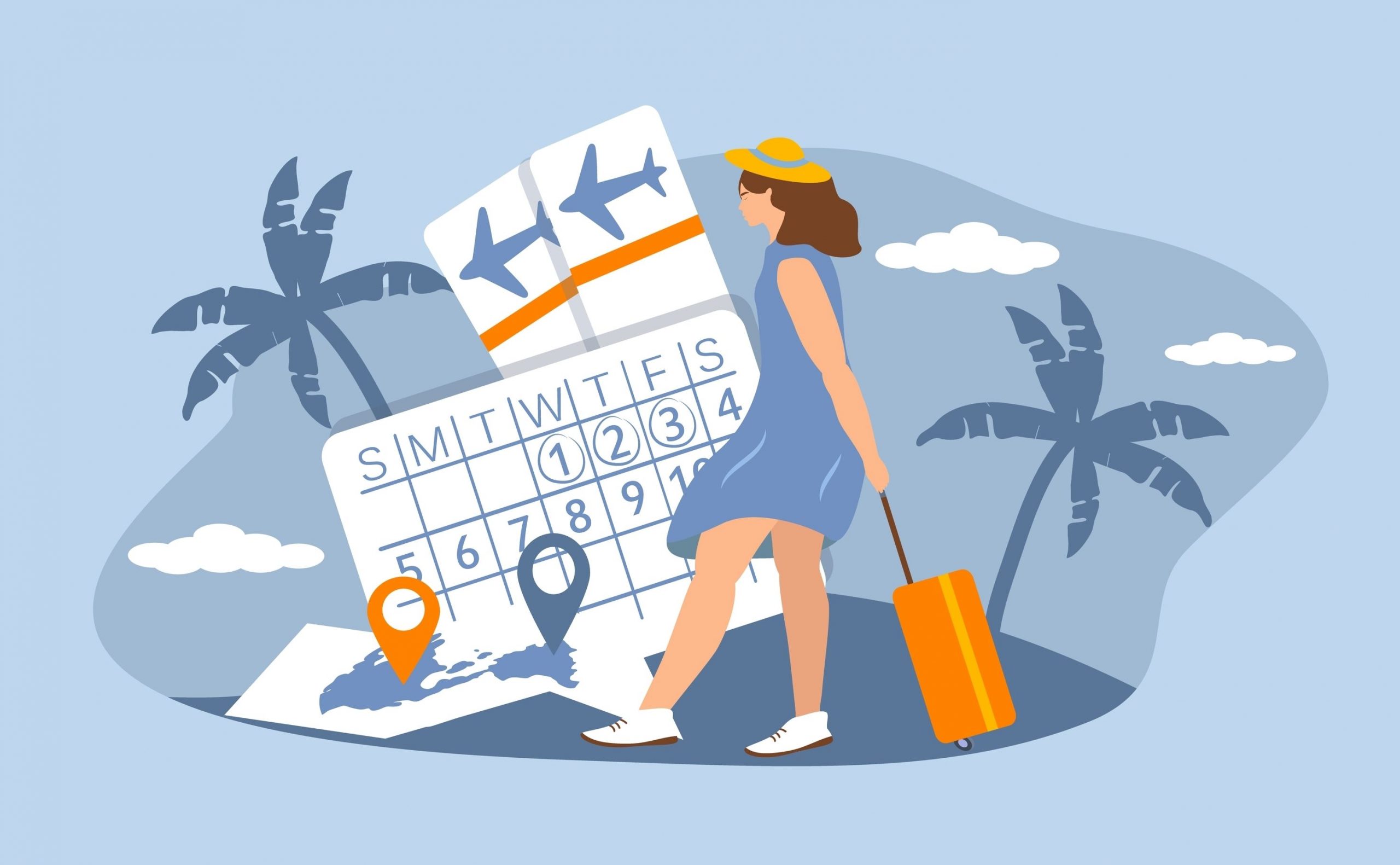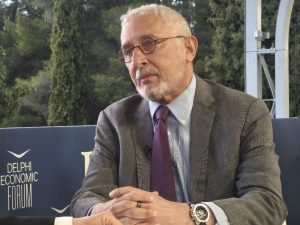It is barely past New Year’s Day. If you’ve taken the day off, congratulations: You have aced your first test of vacation-day math.
We get only so many days of paid time off a year. And that is if you’re lucky—one in five U.S. private-sector workers gets no PTO, according to the Bureau of Labor Statistics. Without a strategy, you can have a generous number of vacation days and still feel like you never truly got away from it all.
Think of the times you took a mini-break from work only to feel stressed before and afterward. The average American worker with five years at the company gets 15 paid days of vacation in a year, BLS data show. That leaves little room for bad planning if you want a serious break or two, plus some long weekends and the occasional personal day.
Maxim No. 1: A vacation day equals more than a day of vacation when you attach it to a public holiday or two. Taking the day after New Year’s this year snags you a four-day weekend at the start of 2024. Timed just right between federal holidays and weekends, 15 days of PTO can turn into nearly 50 days of extended break time this year. (That is, if your co-workers don’t beat you to claiming those dates.)
Another guiding principle—Fridays off are overrated, and not just because they are peak traveling days. For a long weekend or a random personal day, there is evidence to suggest a Monday and Wednesday can be more satisfying. But more on that later.
A weeklong vacation vs. long weekends
First, some science: To really recharge, you need at least one weeklong vacation, bracketed between two weekends, research suggests.
In one study of more than 50 people who took vacations for an average two weeks, participants’ well-being levels didn’t peak until their eighth day off. A 2023 study of more than 300 vacationers found people who took between eight and 14 days off reported greater and longer positive effects once they returned to work, such as better sleep, than those who took shorter breaks.
One to two weeks off, in fact, appeared to have longer-lasting benefits than lengthier vacations. After a while, “you creep back to old habits,” says Ty Ferguson, a research associate at the University of South Australia in Adelaide who co-wrote the study. His own recent getaway—several days down the coast—went bust when his three children, ages five and under, came down with a bug. Then it was time to return.
“I should take more of my own advice,” he says.
One reason taking a week-plus vacation is important is that is enough time to actually reduce workloads. Network-equipment giant Cisco recently conducted a deep data dive on employees’ work habits and well-being, examining more than three years’ of metrics such as virtual meetings, badge-ins, PTO and engagement surveys. When workers took a day or two off, the number of meetings they had in the month didn’t change much—they just packed in more work before and after their time off.
Meeting loads dropped sharply for workers who took at least five consecutive days off. The fewer the meetings, the greater tendency to report healthier routines and better stress-coping abilities, Cisco found.
“I always believed in the long weekend because it can be so hard to take a week off,” says Cisco’s chief people officer, Kelly Jones. “I was wrong.”
Maximizing public holidays
To get the most out of your finite days off, consider Gail Martino’s PTO hack for 2024. “I’m a leisure laggard,” says the senior project manager in New Haven, Conn., of her habit of waiting to take vacation time until things get slower. (Hint: That is never.) Then there is a scramble to use it or lose it toward the end of the year, with the days she does take off feeling not terribly satisfying.
“You wonder, why am I so tired?” she says.
In recent years, she’s become a bird watcher and wants to take a couple of birding trips along the Eastern Seaboard in 2024. “I spend a week in the woods, among trees and nature, and that is an incredible break,” she says. “Now I want to chart out the entire year.”
Scanning the 2024 calendar, she devised a spreadsheet of dates bridging public holidays and weekends with a theoretical 15 vacation days and four personal days. (Working at Unilever for 18 years, she got about a week more PTO than that in 2023.) The result was 50 days of extended breaks, including 9-day stretches in July and over Christmas:
A little tweaking can wring nearly the same number of extended break days with just 15 vacation days and no personal days—that is, if you get a full slate of federal holidays off and don’t have to trade off with co-workers:
The case for Mondays and Wednesdays off
Want to take a three-day weekend that isn’t attached to a federal holiday? Take Monday off instead of Friday, suggests Jim Burch, a 38-year-old software engineer in Phoenix and an avid hiker. Taking Fridays off often results in cramming five days of work into four, he points out.
“I’d get so stressed out on the Thursday before,” says Burch, who at his current job, has more autonomy over his schedule than in earlier jobs.
Delaying gratification until Monday means your co-workers have no choice but to start the workweek without you. Back Tuesday, you can quickly catch up on whatever emails or developments you missed, he says.
Then there is the unexpected pleasure of a Wednesday off. “It is like a midweek weekend,” says Rachel Blenkhorn, a social-media production manager for a real-estate investment trust who lives in Warren, Mich. It is long enough to relax or take care of appointments yet short enough to get back in the work groove on Thursday, she says.
There is science as to why, says Dawna Ballard, a professor at the University of Texas at Austin and an expert in chronemics, the study of time as it relates to communication.
“Everyone has a different chronotype,” or their own biologically driven pace, she says. A break after two days’ work gives you a second chance in the week to return to your internal rhythm. Psychologically, it also creates a bit of “slack” in the workweek, alleviating the stress that comes from feeling like there is too little time to get everything done.
However you plot your vacation days in 2024, don’t leave any on the table. They aren’t just good for you, there is evidence they are good for your career.
An Ernst & Young study of its employees showed every extra 10 hours of vacation was linked to an 8% improvement in year-end performance reviews. Another study found people who took more than 10 vacation days a year were more likely to get a raise or bonus than those who took fewer days.
Now that is a formula anyone can get behind.
Write to Vanessa Fuhrmans at Vanessa.Fuhrmans@wsj.com



